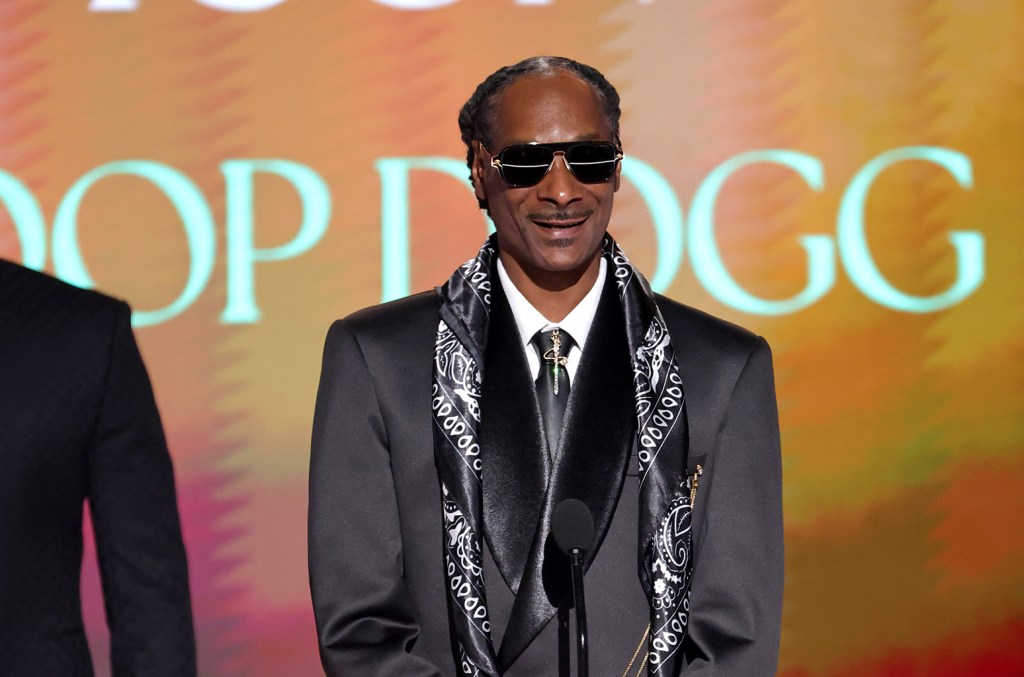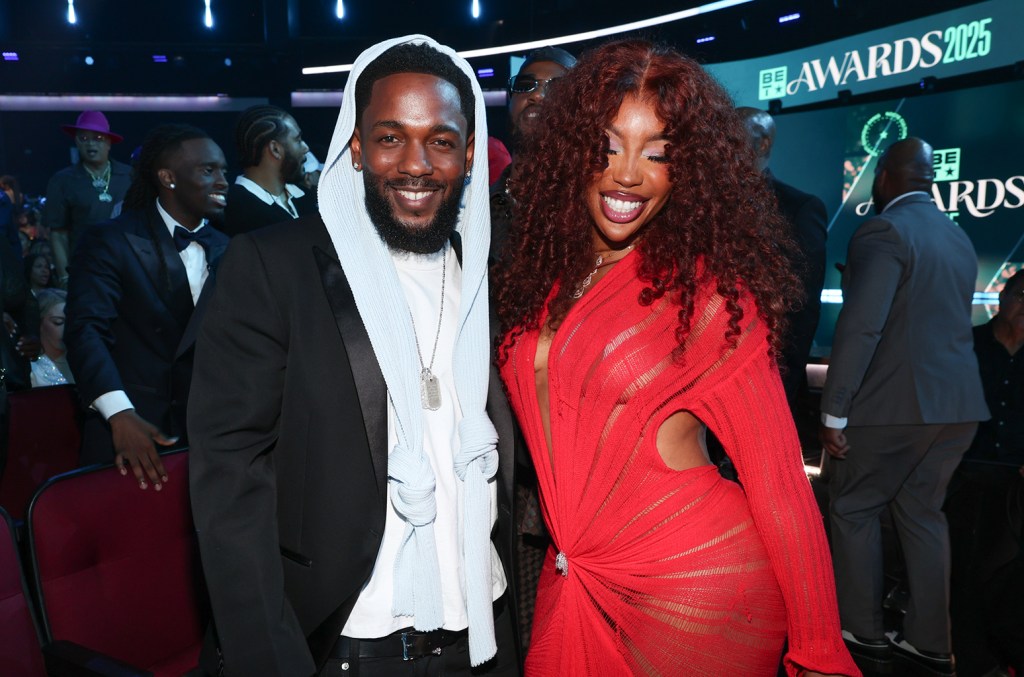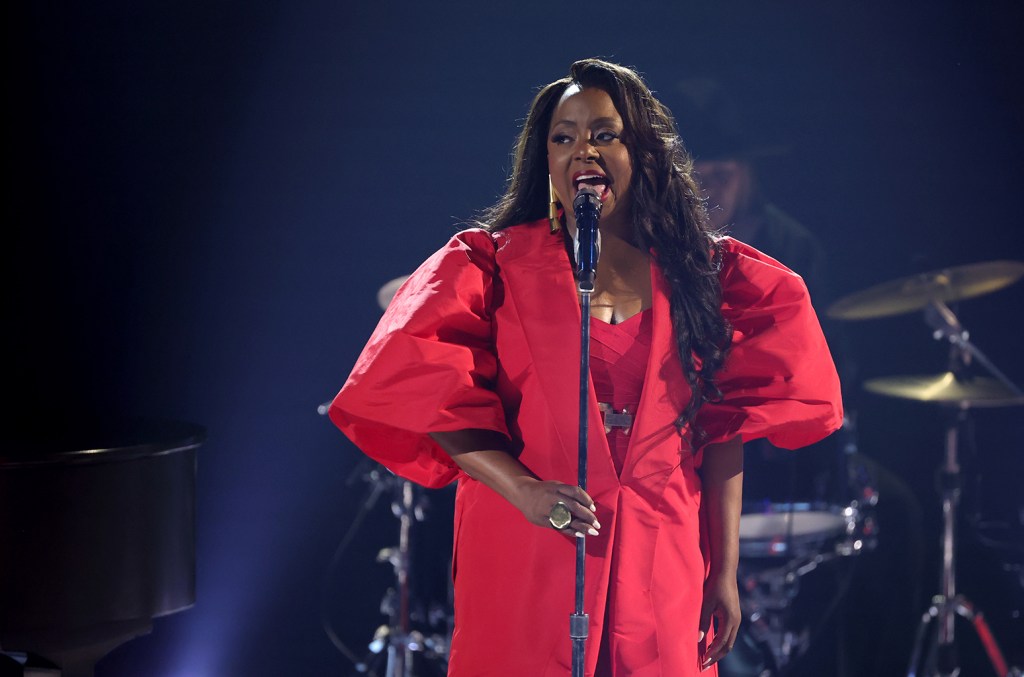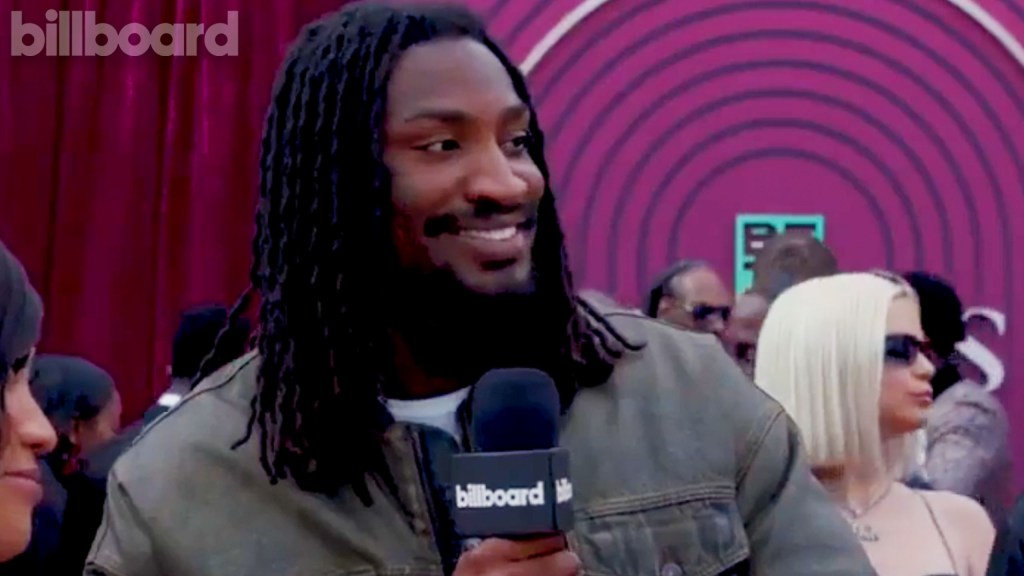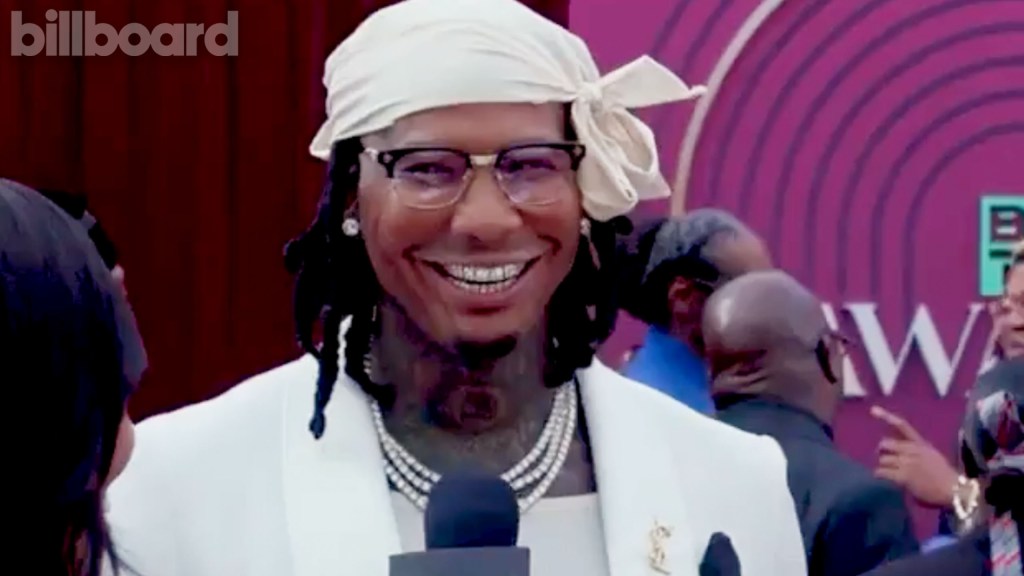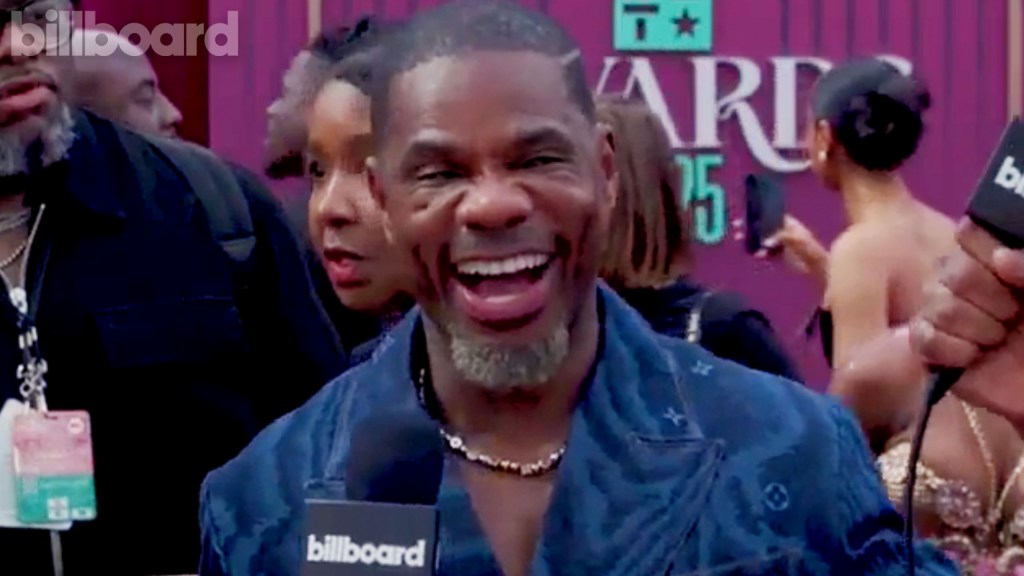genre rb
Page: 15
Despite the unconscionable runtime and the understandably solemn energy given the anti-ICE protests, as well as the passing of Sly Stone, the 2025 BET Awards tried their best to properly commemorate its 25th anniversary at Los Angeles’ Peacock Theatre on June 9. To celebrate, BET put together a terrific lineup of performers, including newcomers (Leon […]
Kendrick Lamar was the top winner at the 2025 BET Awards, which aired live on BET from the Peacock Theater in Los Angeles on Monday (June 9). Kevin Hart hosted the show for the second time.
Lamar won five awards – album of the year for GNX, best collaboration for “Luther” with SZA, best male hip hop artist (for a record-extending eighth time), video of the year for “Not Like Us” and video director of the year in tandem with Dave Free.
Lamar had won album of the year seven years ago for DAMN. Lamar and Beyoncé are the only artists to win twice in that category, which was introduced in 2017. Bey won for Lemonade and Renaissance.
Trending on Billboard
GNX, which is a leading Grammy candidate for album of the year in 2026, beat three albums that won Grammys in February – Beyoncé’s Cowboy Carter (album of the year and best country album), Chris Brown’s 11:11 Deluxe (best R&B album) and Doechii’s Alligator Bites Never Heal (best rap album).
SZA and Chris Brown each won two awards. SZA won best female R&B/pop artist for the third year in a row as well as the aforementioned award for best collaboration. SZA is just the third artist to win best female R&B/pop artist three or more times. Beyoncé leads with 10 wins in the category. Alicia Keys also won three times.
Brown won best male R&B/pop artist for a record-extending eighth time. In addition, his “Residuals” won the Viewer’s Choice Award. It’s Brown’s fourth win in that category, a total equaled or surpassed only by Beyoncé with five wins and Lil Wayne also with four wins.
Luther Vandross was remembered by fans in two categories: Not only did “Luther” win best collaboration, but the documentary Luther: Never Too Much won best movie. This is the second year in a row that a film about a music legend has won in that category. Bob Marley: One Love won last year.
Doechii won best female hip hop artist. It was her first BET Award. She proceeded to give an impassioned speech in support of protesters outside the venue protesting ICE crackdowns.
Leon Thomas won best new artist. He’s the first male artist to win in the category since Giveon four years ago. Thomas won a Grammy in 2024 for co-writing SZA’s “Snooze,” which was voted best R&B song. As a result, he will probably not be eligible to compete for best new artist at the 2026 Grammys. Thomas also performed his hit “Mutt” on the show.
GloRilla’s “Rain Down on Me” (featuring Kirk Franklin and Maverick City Music) won the Dr. Bobby Jones Best Gospel/Inspirational Award. It’s the record-extending eighth win in the category for Franklin, the second for Maverick City Music and the first for GloRilla.
Future & Metro Boomin took best group. It’s the third year in a row that a collaboration of two solo stars has won that award. The last groups to win were Migos and Silk Sonic.
Summer Walker’s “Heart of a Woman” won the BET Her award. The song reached No. 3 on Billboard’s Hot R&B Songs chart in December 2024.
Blue Ivy Carter won the Young Stars Award for the second year in a row. BET rules allow multiple wins in this category. Marsai Martin won five times. Yara Shahidi and Keke Palmer also won it twice.
Denzel Washington won best actor for a record-extending fifth time. Cynthia Erivo won best actress for the first time.
Basketball star Angel Reese won sportswoman of the year for the third year in a row. Football star Jalen Hurts won sportsman of the year for the second time in three years.
Drake was shut out, despite going into the ceremony with six nods. The Weeknd was also shut out. He went 0-4.
There were special tributes to three legendary artists who died in the past year – Quincy Jones, Roberta Flack and Angie Stone. Luke James, Miles Caton and Lucky Daye performed Jones’ 1990 hit “The Secret Garden (Sweet Seduction Suite).” Andra Day sang Flack’s 1973 classic “Killing Me Softly With His Song.” Brittney Spencer sang Stone’s 1999 hit “No More Rain (In This Cloud).” The multiple In Memoriam segments included Cissy Houston, James Earl Jones, Tito Jackson, Roy Ayers, Frankie Beverly and poet Nikki Giovanni.
As previously announced, Kirk Franklin, Mariah Carey, Snoop Dogg and Jamie Foxx were named BET Ultimate Icons. Astonishingly, it’s Carey’s first BET Award.
Connie Orlando — evp of specials, music programming and music strategy at BET — served as the executive producer for BET Awards 2025, with Jamal Noisette, svp of tentpoles and music community engagement, for BET. Jesse Collins Entertainment was the production company for the show, with Jesse Collins, Dionne Harmon and Jeannae Rouzan-Clay also serving as executive producers.
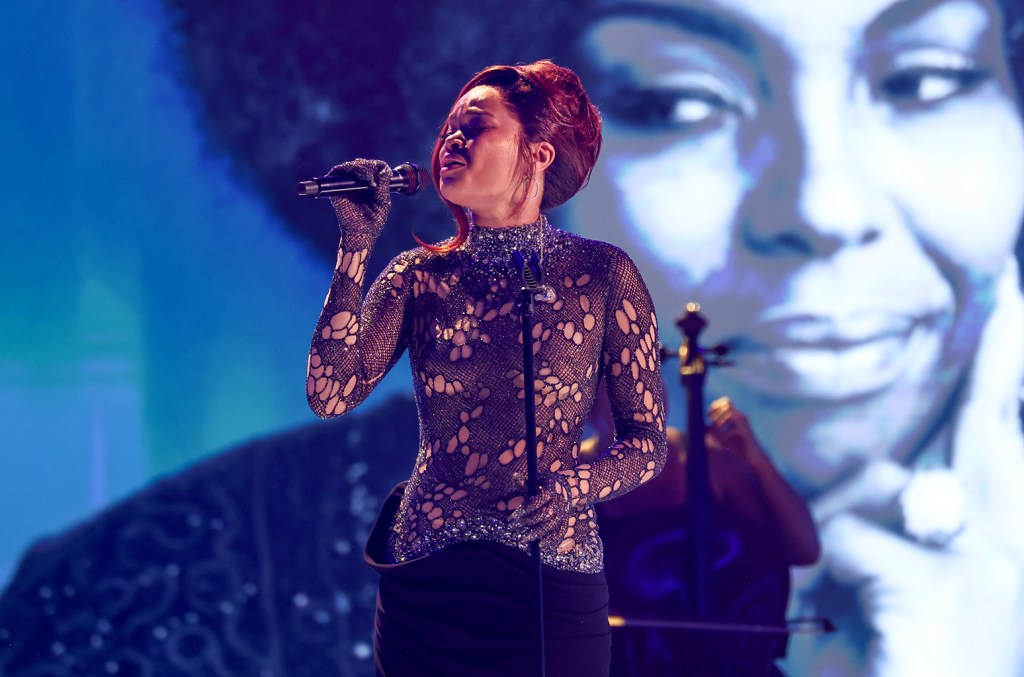
Andra Day honored Roberta Flack with a beautiful tribute performance of “Killing Me Softly With His Song” at the 2025 BET Awards on Monday night (June 9). Accompanied by a small string section and a few backup singers, Day’s lilting vocals echoed throughout the Peacock Theater at L.A. Live for her affecting cover. “Andra Day […]
Introduced by Tyler Perry with a lengthy speech, Ledisi gave one of the best performances of the night at the 2025 BET Awards, stunning the crowd in a red gown as she sang “BLCKWMN” the second single from her latest album The Crown, as the Perry-directed music video played behind her. The director started his […]
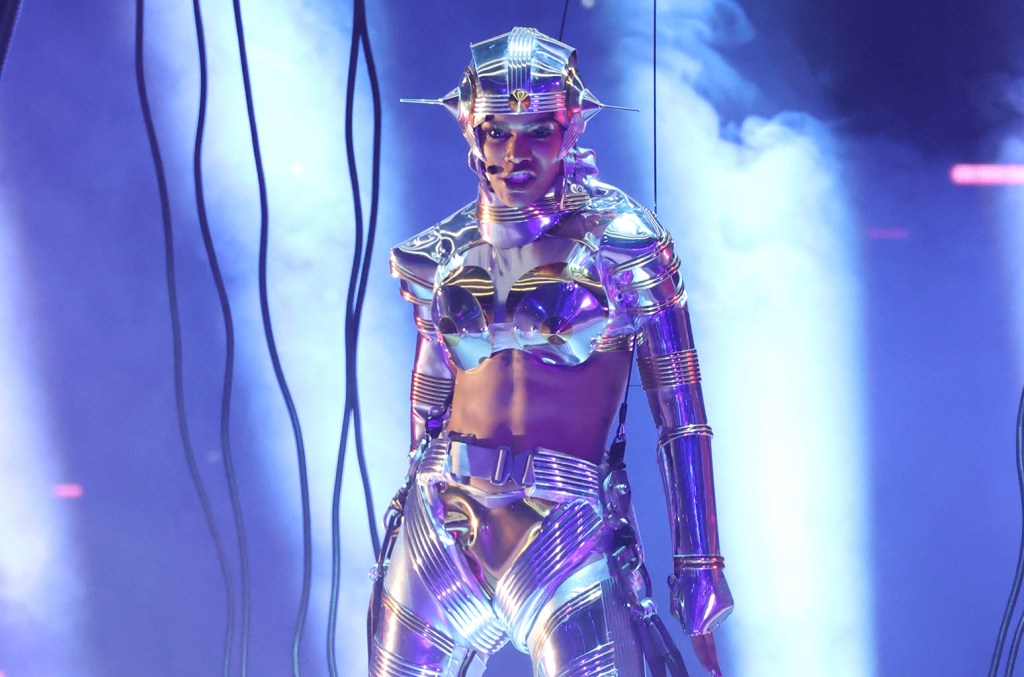
Teyana Taylor transformed into a sexy fembot for the television debut performance of “Long Time” at the 2025 BET Awards on Monday night (June 9). While the show’s host Kevin Hart was too busy pretending to be Usher by trying to feed Tisha Campbell and Tichina Arnold cherries while wearing a fuzzy red coat, Kerry […]
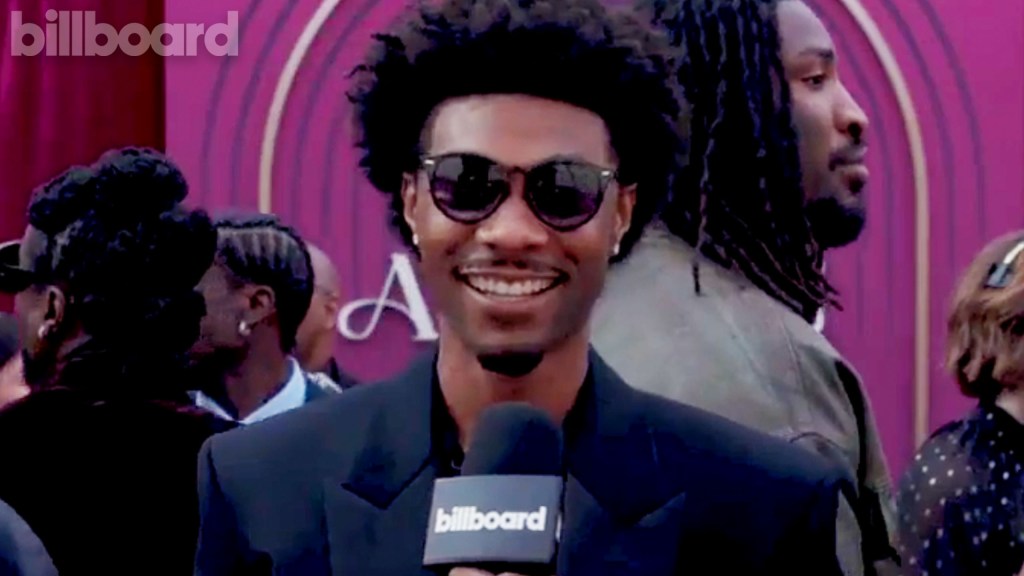
By providing your information, you agree to our Terms of Use and our Privacy Policy.
We use vendors that may also process your information to help provide our services. // This site is protected by reCAPTCHA Enterprise and the Google Privacy Policy and Terms of Service apply.
By providing your information, you agree to our Terms of Use and our Privacy Policy.
We use vendors that may also process your information to help provide our services. // This site is protected by reCAPTCHA Enterprise and the Google Privacy Policy and Terms of Service apply.
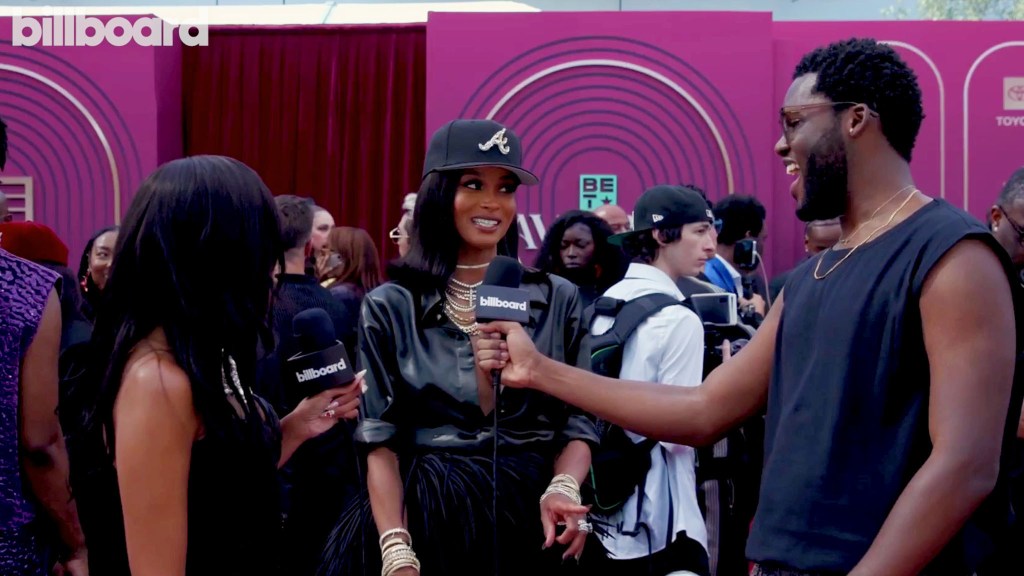
By providing your information, you agree to our Terms of Use and our Privacy Policy.
We use vendors that may also process your information to help provide our services. // This site is protected by reCAPTCHA Enterprise and the Google Privacy Policy and Terms of Service apply.
By providing your information, you agree to our Terms of Use and our Privacy Policy.
We use vendors that may also process your information to help provide our services. // This site is protected by reCAPTCHA Enterprise and the Google Privacy Policy and Terms of Service apply.
By providing your information, you agree to our Terms of Use and our Privacy Policy.
We use vendors that may also process your information to help provide our services. // This site is protected by reCAPTCHA Enterprise and the Google Privacy Policy and Terms of Service apply.

 State Champ Radio
State Champ Radio 